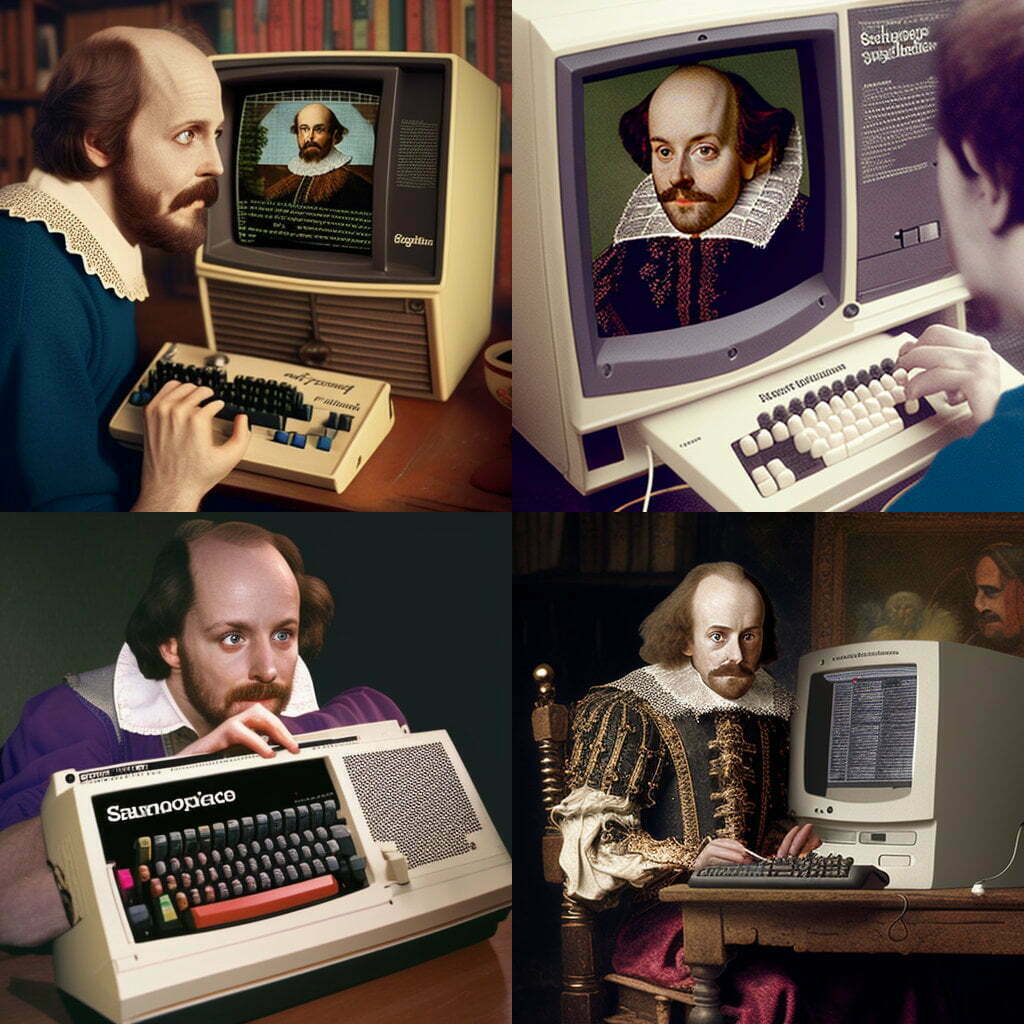
In September 1985, Jon Bentley published Programming Pearls. A collection of aphorisms designed to reveal truths about the field of programming. It's 40 years later - long enough to see several revolutions in the field - so surely these are obsolete, right? They belong in the same category as "always carry a bundle of hay for the horses" or "you won't always have a pocket calculator with you" or …
Continue reading →

I like to highlight bits of code on my blog. I was using GeSHi - but it has ceased to receive updates and the colours it uses aren't WCAG compliant. After skimming through a few options, I found Tempest Highlight. It has nearly everything I want in a code highlighter: PHP with no 3rd party dependencies. Lots of common languages. Modern, with regular updates. Easy to use fun…
Continue reading →

Markdown is, I think it is fair to say, a frustrating "specification". It's origins are a back-of-a-fag-packet document and a buggy Perl script - and we've been dealing with the consequences ever since. There are now multiple Markdown parsers, each with their own idiosyncrasies. To make matters worse, there's a set of extensions popularly known as "Markdown Extra". Extra has support for things…
Continue reading →

That's it. That's the post. Fine! I'll expand a little more. Large Language Models are a type of Artificial Intelligence. They can read text, parse it, process it using the known rules of English, and then regurgitate parts of it on demand. This means they can read and parse a question like "In Python, how do I add two numbers together?" and then read and parse the Python documentation. It…
Continue reading →

(Mostly written in response to this issue on the Awesome Falsehoods list) For those new to the format, there is a popular meme about things which computer programmers erroneously believe. This isn't intended to shame anyone - just to point out things which may not be immediately obvious to the neophyte. There's nothing us Brits love more than moaning talking about the weather. And, just as…
Continue reading →

Because I'm a grumpy old man, I don't use Gutenberg or Block themes on my WordPress. Instead, I write everything in Markdown. When I write code snippets in Markdown, they look like this: ```php $a = 1; echo $a; if ($a < 5) { // Do Something return thing( $a, true ); } ``` But I want to render that with code highlighting. I was using the Prismatic Plugin. It is excellent and very…
Continue reading →

I've been thinking about programming languages and their design. In her book about the divergence of the English and American languages, Lynne Murphy asks this question: wouldn’t it be great if language were logical and maximally efficient? If sentences had only as many syllables as strictly needed? If each word had a single, unique meaning? If there were no homophones, so we’d not be able to mi…
Continue reading →

I made my own tofu a few weeks ago. I got soy milk, heated it, mixed in coagulants, drained it, pressed it, sliced it, then cooked it. And, you know what? I'm not sure it was worth the effort. It tasted basically fine - no different to any shop bought tofu. It wasn't noticeably cheaper, it wasn't more nutritious, nor was it easier to store and prepare. I'm sure that if I spent several…
Continue reading →

A few weeks ago I was moaning about there being no OpenBanking API for personal use. Thankfully, I was wrong! As pointed out by Dave a company called Nordigen was set up to provide a free Open Banking service. It was quickly bought by GoCardless who said: We believe access to open banking data should be free. We can now offer it at scale to anyone - developers, partners and Fintechs - looking…
Continue reading →

I think the computer programming industry is about to reach a reckoning. No, not because ChatGPT can poorly plagiarise buggy code - but because a whole generation of kids have grown up with Scratch. And they'll want professional tools which have Scratch's level of usability. Hand-coding YAML files is a mug's game; one wrong whitespace and everything is broken. Left a semi-colon off the end of a…
Continue reading →

At a recent OpenUK meetup, one of the participants declared that Open Source had comprehensively won. While businesses might not always release their proprietary source code, 100% of everything they wrote used an open source programming language. I wondered how true that was. You can, perhaps, moan about the shenanigans around Java's licencing and you mutter about whether it is easy to get…
Continue reading →

(This is a rant because I'm exhausted after debugging something. If you've made RegEx your whole personality, I'm sorry.) The other day I had to fix a multi-line Regular Expression (RegEx). After a few hours of peering at it with a variety of tools, I finally understood the problem. Getting that deep into the esoteric mysteries made me feel like a powerful wizard with complete mastery of my…
Continue reading →











